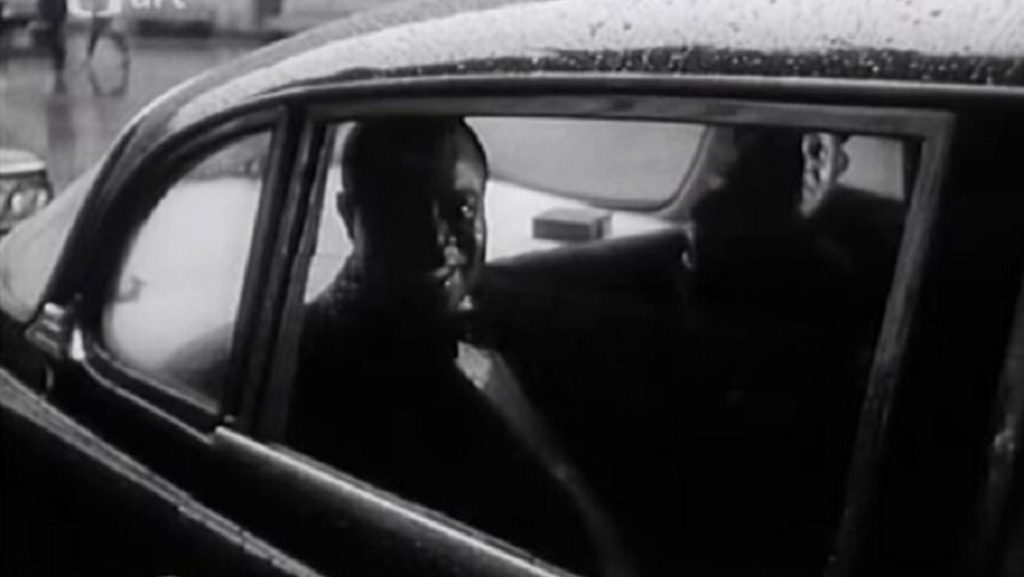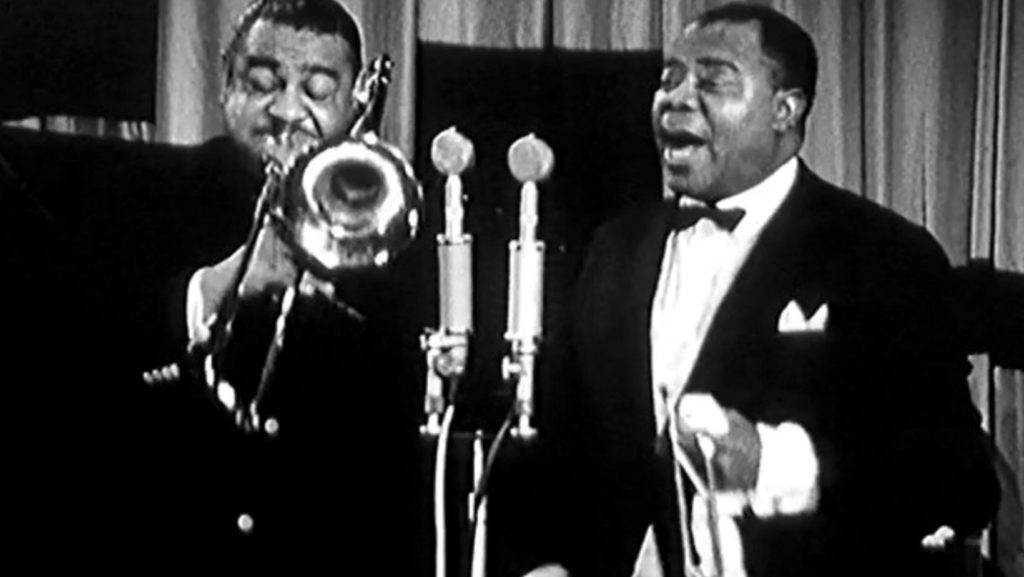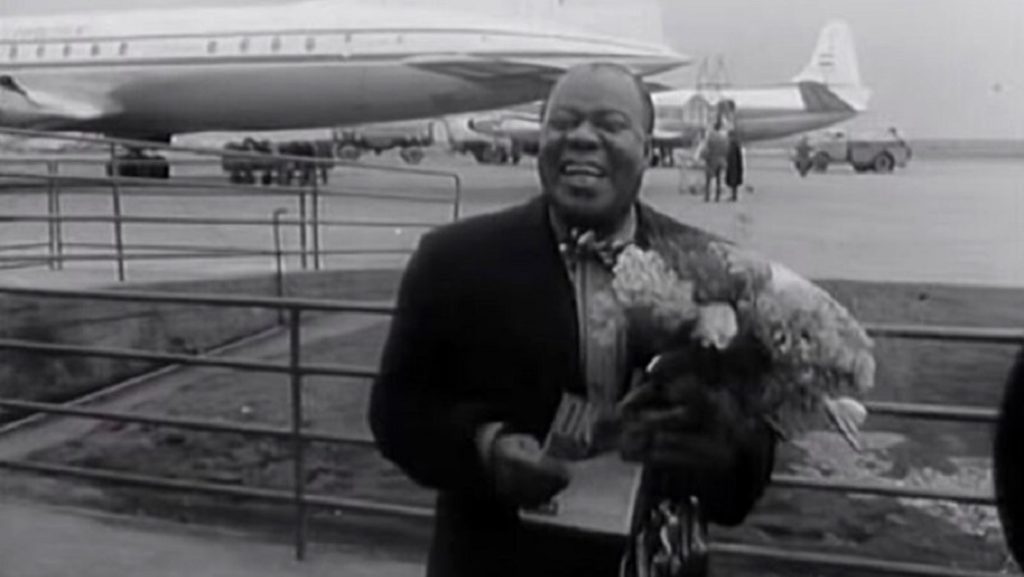The annual NeverMore 68 festival, centered around themes of freedom and truth. This year’s sub-theme, “Women of Dissent,” offers a poignant look back at the brave women who stood against the totalitarian regime.
The aim is to engage in candid and factual discussions about historical events, both ancient and recent, ensuring they are remembered accurately and not distorted.
The third edition of the cultural and social festival is scheduled for August 21st, marking the 56th anniversary of the occupation of former Czechoslovakia. The event will unfold from 16:00 to 22:00 at the Exhibition Grounds.
NeverMore 68 encompasses a series of concerts, discussions, exhibitions, and screenings, and, above all, serves as a platform for communal dialogue and the celebration of freedom and truth.
Czech Radio’s Director of News and Editor-in-Chief of Radiožurnál, Ondřej Suchan, reflects, “August 21st holds deep significance for Czech Radio, not only due to Czechoslovak Radio’s pivotal role during the early hours and days of the occupation. Commemorating these events is crucial.”
The festival’s program and panel discussions also involve organizations like Gulag.cz, Against Memory Loss, Decommunization,.z.s., the Museum on the Demarcation Line in Rokycany, and Political Prisoners.cz.
Exhibits span thematic photographs and substantial artifacts, including a T-55 tank once part of the occupying forces.
Admission to the event is free of charge.
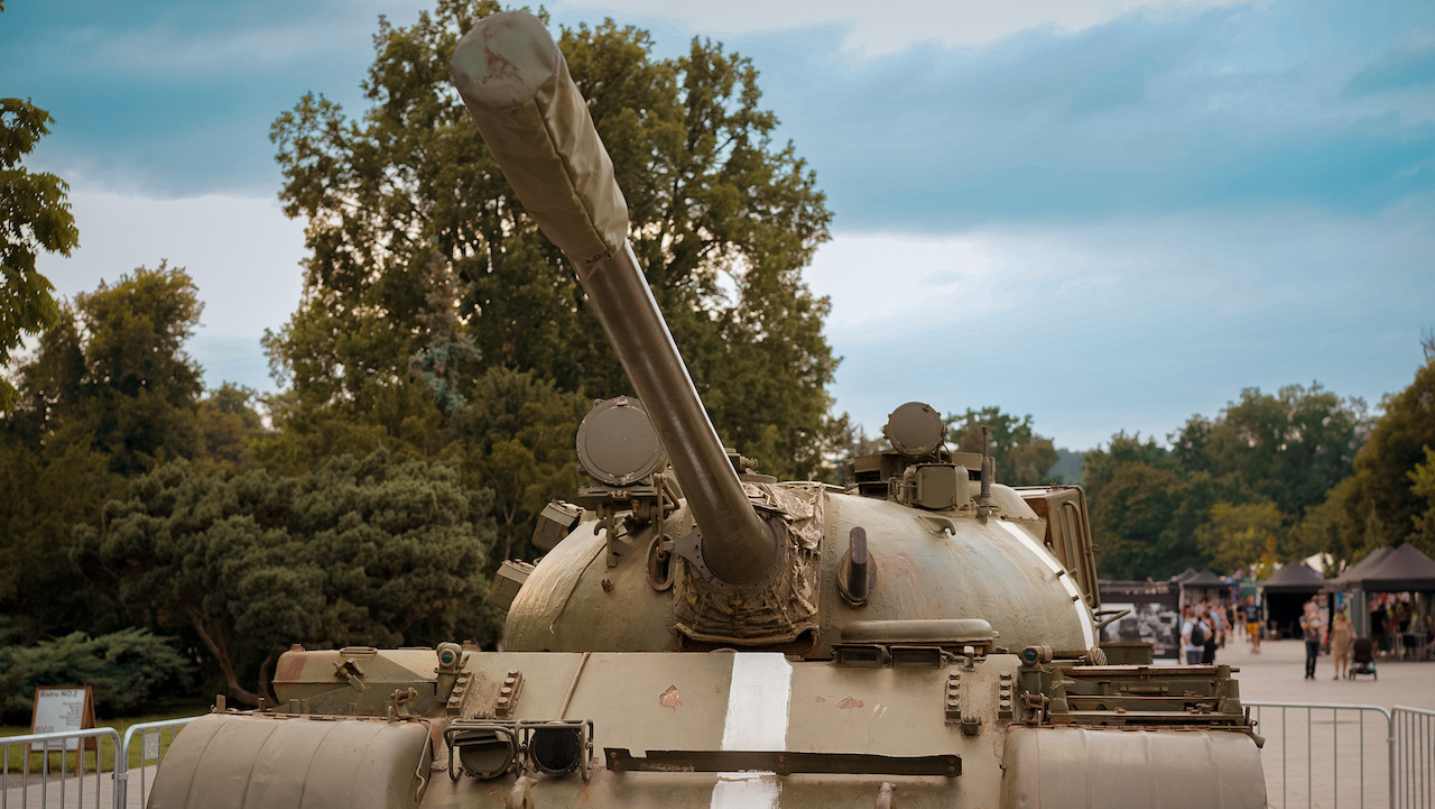
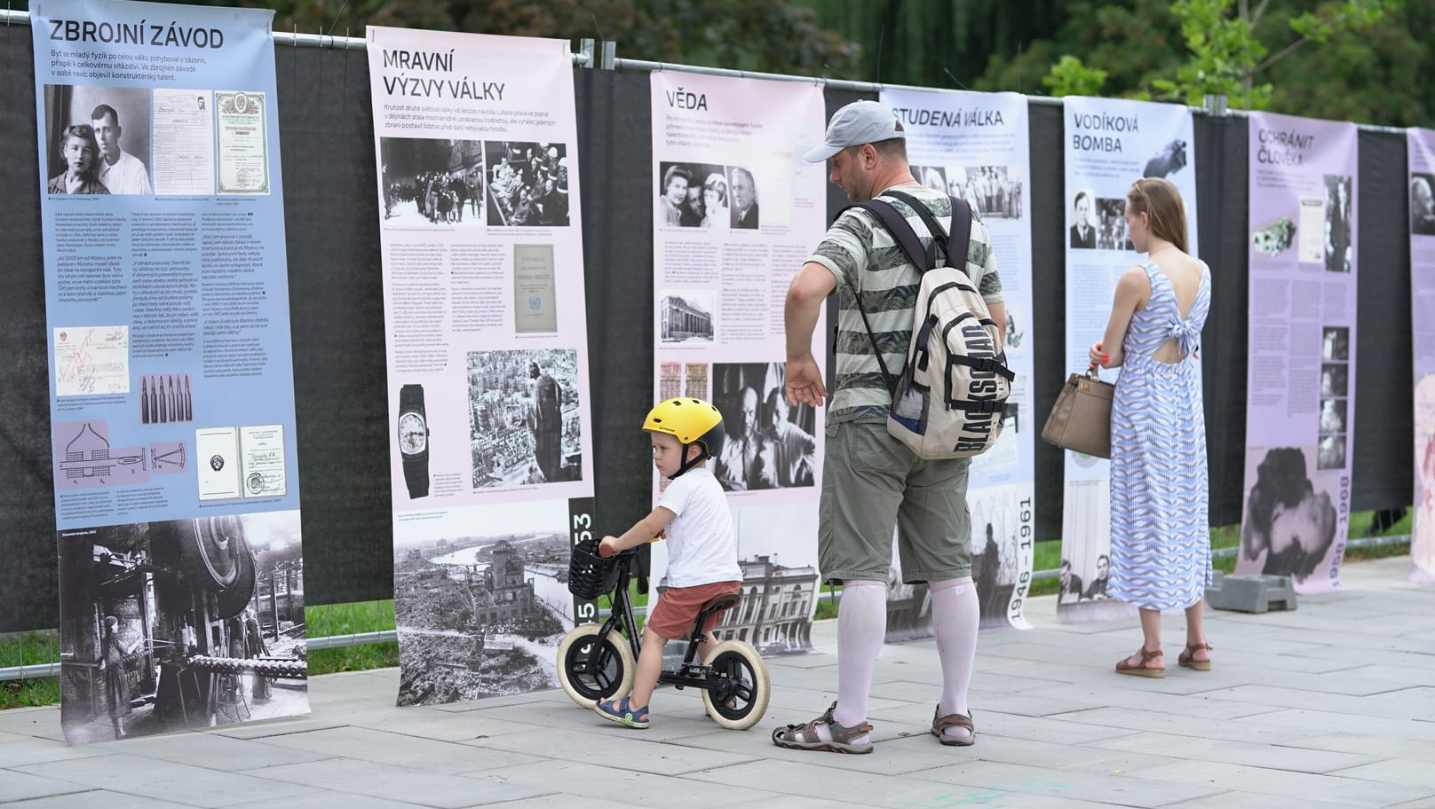
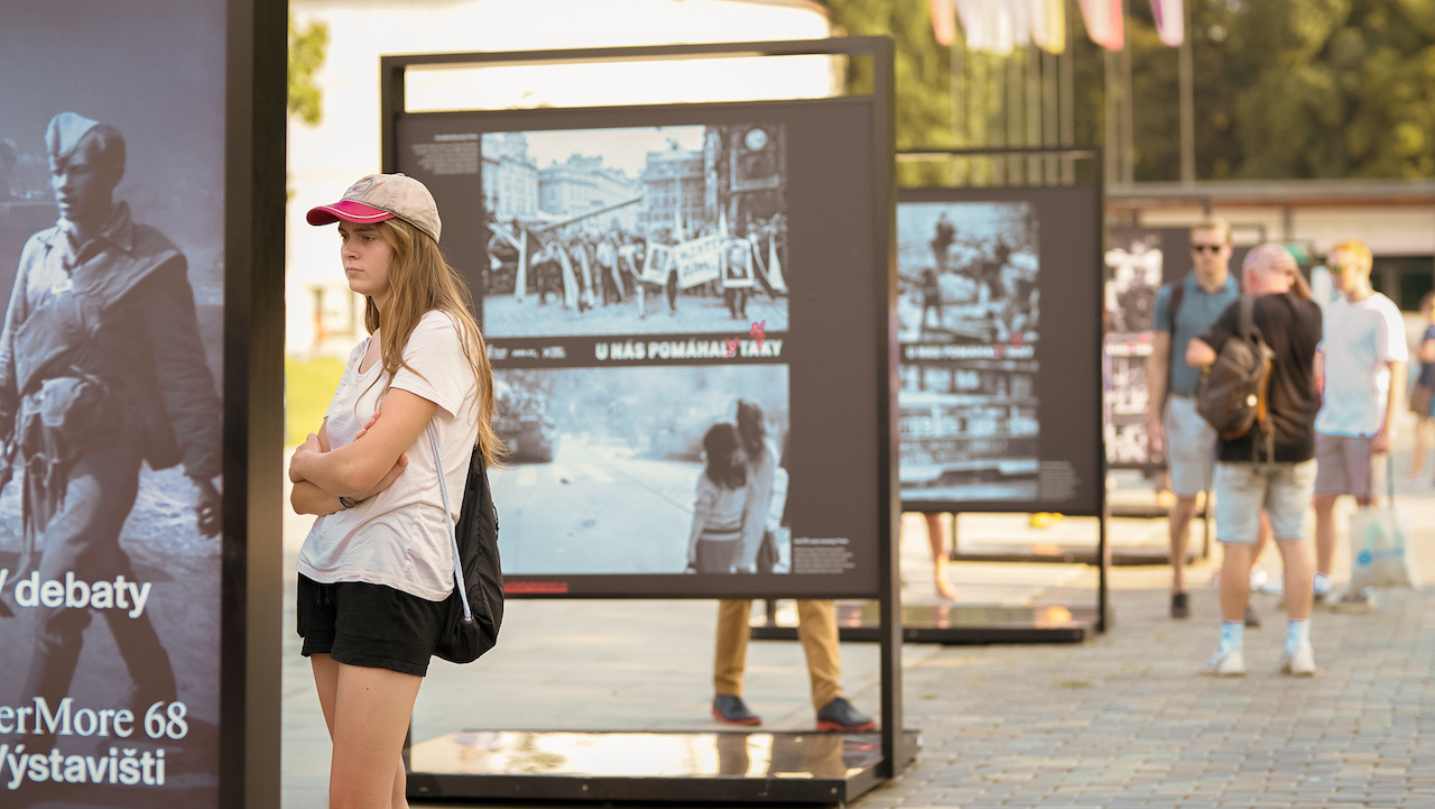
Would you like us to write about your business? Find out more
Today marks the 137th anniversary of a pivotal moment in the history of Prague, as the district of Královské Vinohrady was officially renamed Žižkov.
A District Reimagined
Nestled in the heart of Prague, Královské Vinohrady, or “Royal Vineyards,” had long been associated with the affluent and the elite. Its elegant avenues, picturesque gardens, and grand architecture lent an air of aristocracy to the area, attracting a discerning populace. However, beneath the veneer of opulence, there simmered an undercurrent of dissent.
With the onset of industrialization and urbanization, social inequality had become increasingly apparent. The working class, who toiled tirelessly to fuel the city’s growth, were relegated to cramped quarters and endured harsh living conditions. This stark contrast in living standards created a palpable divide within the district, with discontent gradually reaching its boiling point.
Jan Žižka: A Symbol of Defiance
To understand the significance of the renaming, one must delve into the rich tapestry of Czech history and uncover the identity of the man behind the new name – Jan Žižka. A medieval military leader and a prominent figure during the Hussite Wars in the 15th century, Žižka is revered as a national hero in Czech lore.
His unwavering commitment to the ideals of freedom, justice, and resistance against foreign oppression resonated deeply with the people of Královské Vinohrady. By adopting Žižka’s name, the district paid homage to this legendary commander and sought to embody the values he represented.
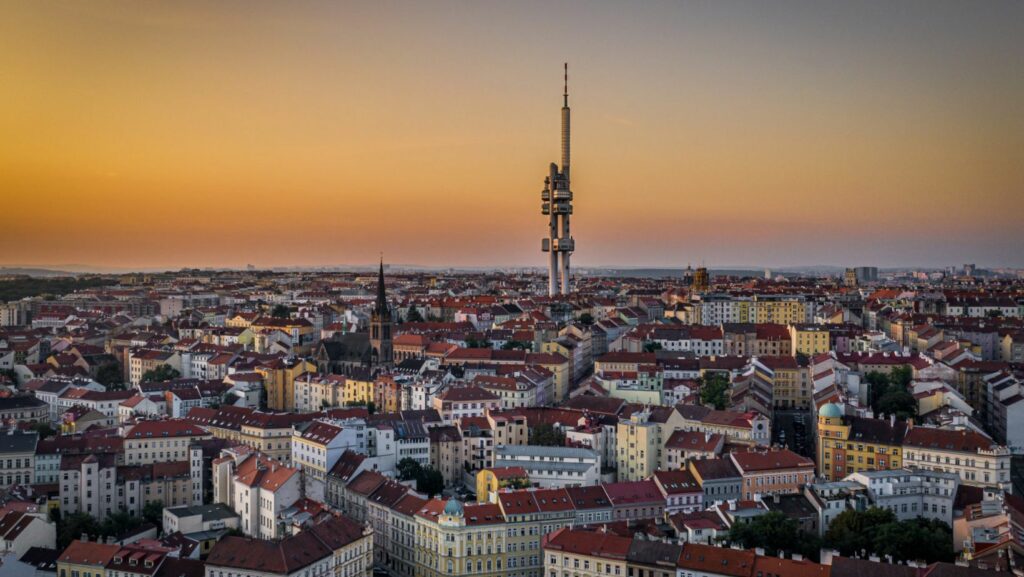
A Wave of Change
The renaming of Královské Vinohrady to Žižkov on August 7, 1877, marked a turning point in the district’s history. The decision came amidst a backdrop of growing national sentiment and the Czech National Revival, a cultural and political movement aimed at revitalizing Czech language, culture, and identity.
The act of renaming itself was symbolic of the people’s yearning for autonomy and self-expression, mirroring the spirit of Žižka and his quest for independence centuries earlier. It was an assertion of pride in their heritage and a proclamation of solidarity, weaving a sense of community among the residents.
Legacy and Impact
As the years passed, Žižkov continued to evolve, preserving its historical charm while embracing the contemporary. The district’s vibrant cultural scene, dotted with cafes, galleries, and theaters, drew in artists, writers, and intellectuals.
Its convivial atmosphere earned Žižkov the affectionate moniker of the “Free Republic of Žižkov,” a testament to its spirit of liberty and diversity.
Would you like us to write about your business? Find out more
Prague police are searching for a man who engaged in a baffling act on a city street.
The man was seen masturbating in public for nearly an hour, while calmly smoking a cigarette and sipping coffee.
The incident occurred on Marie Cibulkova Street in Prague 4 on Friday, August 2nd, shortly after 6 a.m.
“The man stood on the pavement, holding his exposed genitals in his right hand, masturbating while quietly drinking coffee and smoking a cigarette,” said police spokesman Richard Hrdina.
Despite the early hour, many people were already in the area and witnessed the incident.
“Officers from the local Pankrác police station responded immediately after receiving the report. They have secured CCTV footage of the incident but have not yet identified the man. They are asking the public for assistance,” Hrdina added.
If you recognize the man from the CCTV footage or have any information about his whereabouts, please call 158.
The unidentified man is suspected of disorderly conduct, a crime that could result in up to two years in prison if he is convicted.
Would you like us to write about your business? Find out more
Nikolai Lischenyuk, a key ally of Russian Patriarch Kirill and leader of the Russian Orthodox Church in Czechia, has been expelled by Czech authorities due to national security concerns.
As Deník N reports, Czech authorities revoked Lishchenuk’s permanent residence and ordered him to leave the country.
Despite his repeated attempts to overturn this decision over the past year, he was unsuccessful.
According to security services, Lishchenuk had established an influence network with the support of Russian state authorities, posing a potential threat to national security.
Nikolai Lishchenuk, 51, arrived in the Czech Republic around 2000. According to his official biography, he initially worked at the Russian embassy in Prague. Later, he served at the Church of Saints Peter and Paul in Karlovy Vary.
By 2009, he had risen to a high-ranking position within the Russian Orthodox Church, overseeing its entire Czech branch under the Patriarch of Moscow and All Russia.
Last April, the Czech government placed Patriarch Kirill on the national sanctions list. This move did not seem to affect Kirill directly, as he resides in Moscow.
Following the aggression against Ukraine, Lishchenuk also relocated to Moscow, which led to career advancement within the church. As reported by iDnes.cz, Kirill appointed him as head of external relations in the Moscow church.
Would you like us to write about your business? Find out more
Passengers traveling through Terminal 2 of Prague Airport can now shop at the AC Sparta Prague fan shop.
This makes Sparta the first sports team to have a shop at the airport. With over 200 products available, fans can even get their jerseys printed.
“The opening of a fan shop at Václav Havel Airport Prague is a step to bring Sparta closer to the wider public, including international markets. Last season, we sold over 23,000 jerseys, which was a huge success for us. We believe the new fan shop will boost the growth and popularity of Sparta as a club and brand,” said Kamil Veselý, Sparta’s marketing director.
The store covers 274 square meters and is located in Finger D of Terminal 2. It offers more than 200 products, including caps, special tourist collections, and jerseys with a unique Prague design patch.
“Having fan shops of successful football clubs at international airports is a popular trend. We welcomed the opening of the first fan shop here and are confident it will be a success. Football fans might even choose our airport for trips to European competitions,” said Jakub Puchalský, a member of the Board of Directors at Prague Airport.
Sparta aims to attract foreign tourists with this initiative and plans to open a special Fanlab shop where fans can buy personalized products.
Future branches are also planned for the city center and shopping malls.
Would you like us to write about your business? Find out more
If extraterrestrials reach Earth while traveling through space, a contact center is now open for them in the Czech Republic.
The initiative, primarily a humorous effort by astronomers, aims to educate the public about unusual phenomena in the sky and promote science.
“We’ve created a special email for extraterrestrials to report their visit in advance. For earthlings, we’ve launched a website where they can report anything unusual they see in the sky, including UFOs. We will then try to explain these phenomena,” Jiří Dušek, the director of the observatory, said to Novinky.cz
The idea to open a contact point for extraterrestrials in the Czech Republic came from a sci-fi fan meeting during the Planet Brno Festival. Two years ago, over 5,000 enthusiasts gathered around giant inflatable models of planets, similar to those in the Star Wars saga.
“Representatives of extraterrestrial civilizations will receive a warm welcome, complete with free Wi-Fi and entry to all programs about space, as well as cultural events,” Dušek said with a smile.
Upon arrival, extraterrestrial visitors will be greeted by two mini extraterrestrial figurines named Fegurds, created by sculptor Václav Sigerson Kostohryz. Another Fegurd statue is located within the observatory.
Aleš Svoboda, the Czech backup astronaut for the European Space Agency, serves as the ambassador.
Astronomers from Brno aim to further improve relations with extraterrestrial civilizations. They are creating a special contact microchip with messages from earthlings for aliens.
This microchip will be placed on the upcoming BRNOsat mini-satellite, which will be launched into Earth’s orbit.
Would you like us to write about your business? Find out more
Antisemitic incidents in the Czech Republic sharply increased last year, with their peak appearing in the final quarter of 2023 following the Hamas attacks on Israel on October. 7, the country´s Jewish community said Monday.
In its annual report, the Federation of the Jewish Communities said it registered 4,328 antisemitic incidents in 2023, up 90% from 2,277 in the previous year.
The report said that 1,800 incidents – or 41,59%, of the total – happened in the last three months of the year.
“The Oct 7 was immediately followed by a global explosive wave of antisemitism, which also strongly hit the Czech Republic,” the report said.
The bulk of the anti-Jewish hatred, 98%, was expressed online, most of them through social media, it said.
Those included the publication of false, dehumanizing, demonizing, vulgar and conspiracy theories and stereotypes as well as hatred aimed at the state of Israel.
The report, however, concluded the Czech Republic remains a safe country for Jews.
It said there was no physical attack registered for the second straight year. But 18 incidents involved antisemitic threats, harassment and verbal insults, more than double than the previous year.
The rest of the incidents included demonizing the Jewish community with conspiracy theories and stereotyping, according to the report.
The Hamas attacks on Israel killed some 1,200 people, mostly civilians. The militants also took around 250 people hostage.
Israel´s massive offensive in response has killed at least 39,580 Palestinians, according to Gaza´s Health Ministry, which does not distinguish between civilians and combatants.
Would you like us to write about your business? Find out more
All that glitters is not gold. This saying holds true for the findings reported by inspectors following an inspection of a bistro and café in Prague’s Old Town.
On August 1st, the State Agricultural and Food Inspection Authority (SZPI) shut down the production facility of Bakeshop café on Kozí Street in Prague 1.
According to their project website Potraviny na pranýři (Food Pillory), inspectors discovered insects, mold in refrigeration units, neglected cleaning, accumulated garbage, and substantial contamination, including dirty floors.
These conditions were deemed a serious risk for food contamination. While the entire establishment wasn’t closed, the hot kitchen, cold kitchen, bakery, and pastry production areas were shut down for the day.
After repeated inspections, the authority lifted the ban. “We have lifted the ban based on the results of the re-inspection conducted on August 1,” SZPI announced on Instagram.
On Saturday, Bakeshop operators issued an apology on social media.
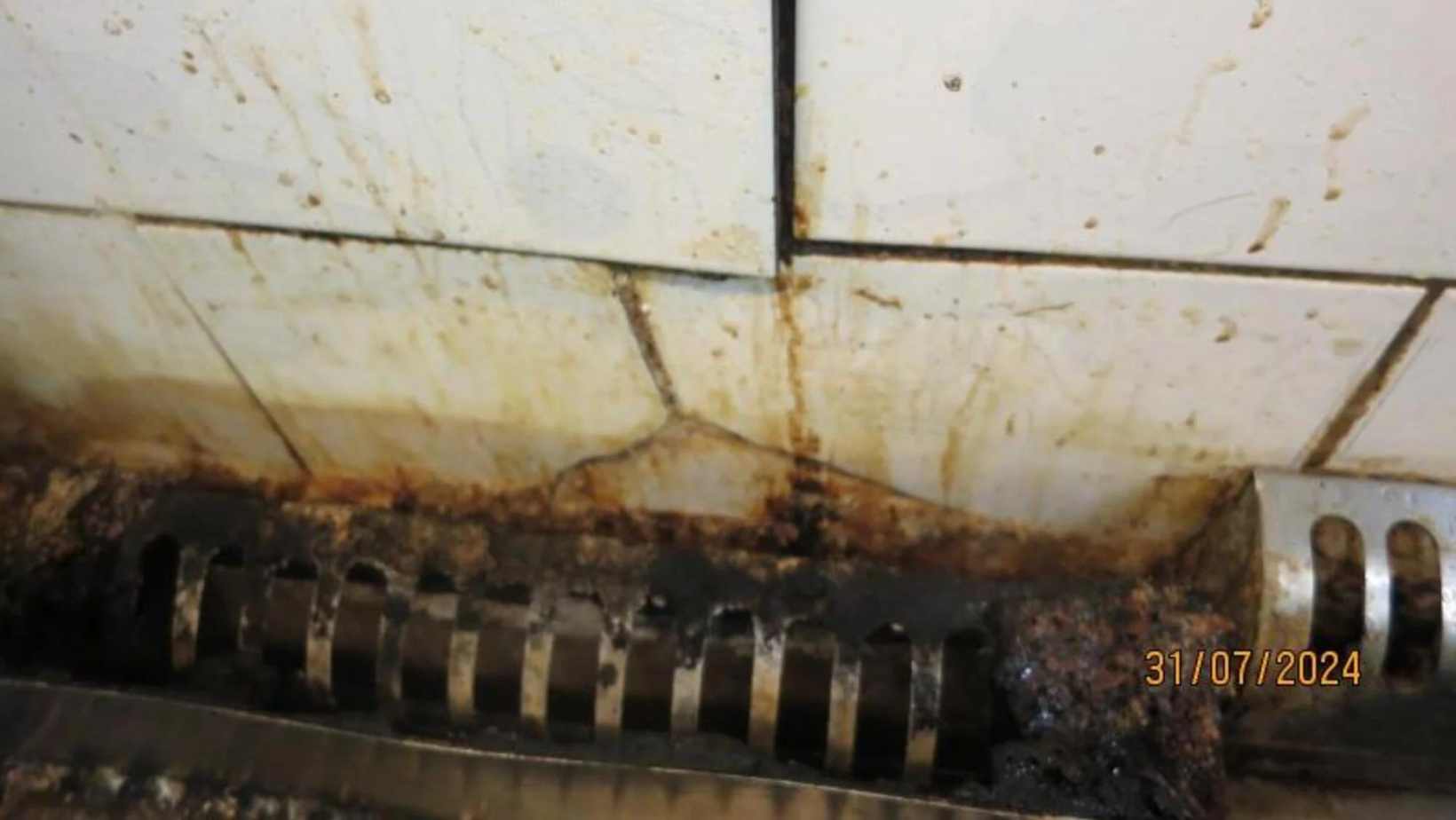
“Our establishment was closed from Wednesday to Thursday. During this time, we addressed all the deficiencies, and we are now open again. We are committed to ensuring everything is up to standard,” they wrote.
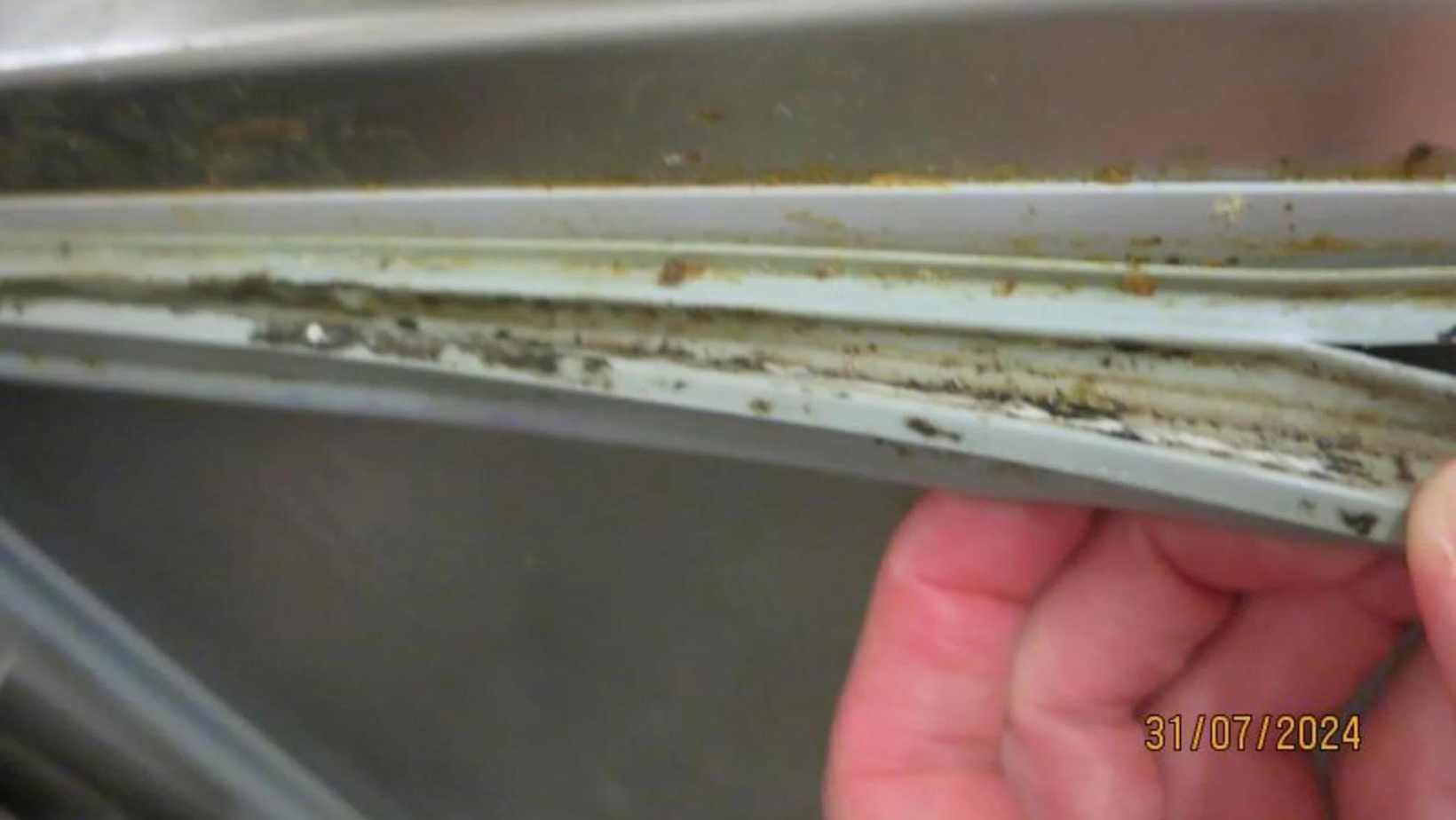
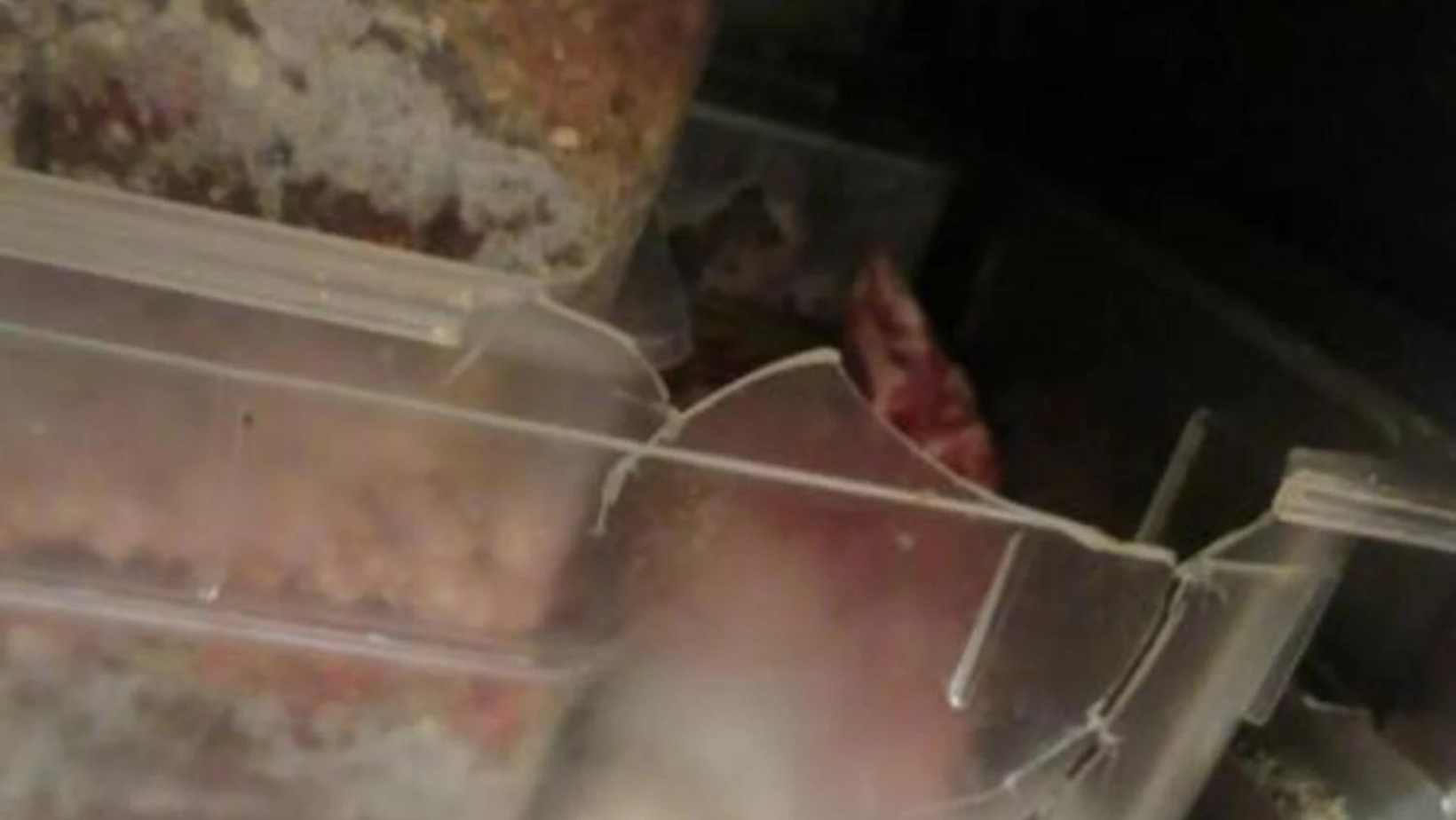
This incident mirrors a similar situation from 2015 when inspectors closed the renowned Jan Paukert delicatessen on Národní Street due to large amounts of mouse droppings, dirt, and mold.
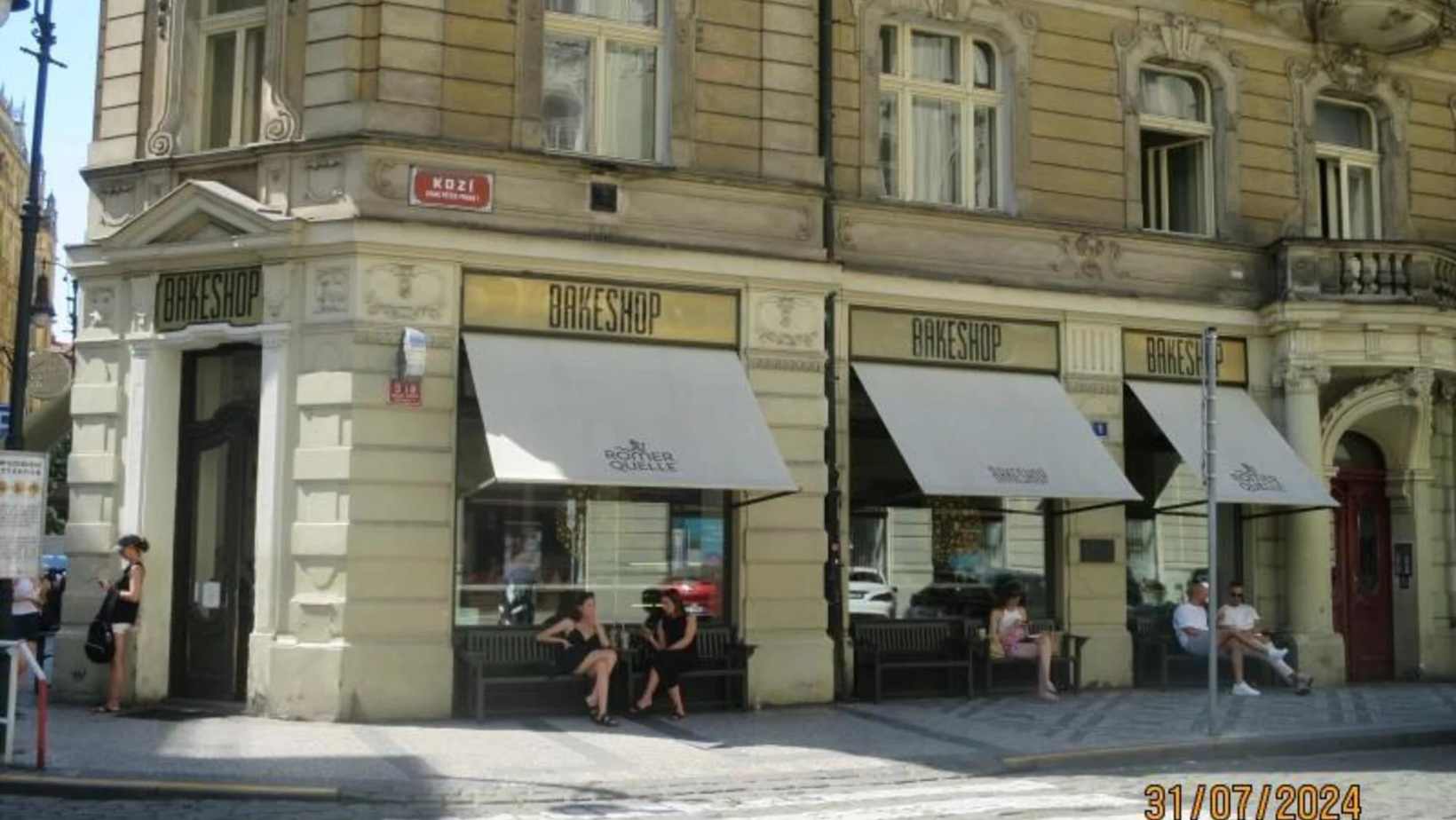
Would you like us to write about your business? Find out more
Prague is set to host its annual Prague Pride from August 5 to 11, 2024. This event, marking its place as a significant celebration of the LGBTQ+ community, promises a week filled with activities and events.
The Context of Prague Pride
Prague Pride takes on special importance this year, as it serves as a protest against the Czech Republic’s recent changes to same-sex partnership laws.
After seven years of waiting, the new legislation only offers a minor change, renaming “registered partnerships” to “partnerships,” without providing any substantial rights or recognition, such as legal acknowledgment of a partner’s non-biological child.
Key Events and Highlights
Friday, August 9 – Sunday, August 11: The pinnacle of the Pride week kicks off on Friday night with various parties and events. Visitors can start their weekend with a dinner by the Vltava River or in the historical alleys of Prague’s old town.
Saturday, August 10: The main event, the Pride Parade, begins at noon in Wenceslas Square. Participants will march through significant landmarks, including the Astronomical Clock in Old Town Square and Pariszka Street, concluding in Letná Park. The celebration continues in Pride Park with multiple music stages, drag performances, picnic areas, and a VIP zone.
The organizing association expects up to 70,000 people. Police have stepped up security measures due to information that an attack on a recent similar event in Bratislava is being planned.
Afterparties: Saturday night offers several afterparty options, including the official afterparty at Mecca club for pop and disco fans, and the techno-centric event at Magion.
Sunday, August 11: The festivities wrap up with a queer worship service, providing a reflective end to the weekend’s celebrations.
Ongoing Activities Throughout the Week
Pride Village on Střelecký Island: From Monday to Friday, the Pride Village offers daily entertainment, community events, and sports activities. Attendees can enjoy music, dance, and socializing under the trees with a cold Czech beer or special Pride-themed drinks.
Pride Club: The Pride Club will host nightly parties featuring Prague’s top queer DJs, keeping the energy high throughout the week.
Pride Café: Located on Betlémské Square, the Pride Café provides a space for expats and visitors with English-friendly activities, including musical performances, film screenings, discussions, and poetry readings.
For more information and updates on Prague Pride 2024, visit festival.praguepride.com
Would you like us to write about your business? Find out more
The beginning of August traditionally belongs to the flute players in Prague.
This year, the National Museum has already prepared the 11th edition of the Flašinet žije! festival, which will take place on Saturday, August 17.
Street artists from various parts of the Czech Republic, Austria, Germany, Switzerland, and France will enliven the center of Prague with three concerts of different genres.
The festival will start at 10.00 with a concert in the church of St. Nicholas on Old Town Square, where the Baroque church will resound with popular compositions of classical music. At 3 pm, improvised performances by flutists will be heard on Na Kampe Square near Charles Bridge.
Barrel organ players will play their machines and passers-by will be able to see them from all sides.
A barrel organ is a mechanical musical instrument made of bellows and one or more ranks of pipes, all typically housed in a whimsical, wooden case.
The evening concert, which will take place at 7 pm in the Czech Museum of Music, will feature Pachelbel’s Canon in D, Dvořák’s Humoresque, Our Czech Song, and many other popular melodies.
After the final concert, listeners can take a closer look at the different types of flutes, ask players what they are interested in, and try playing the flute.
Throughout the day, the Czech Museum of Music and its permanent exhibition will be open to visitors, which includes, for example, a large fairground orchestra or a banjo player’s game machine.
Admission to the Czech Museum of Music and all concerts is free throughout the festival.
Would you like us to write about your business? Find out more
Starting next year, Prague City will significantly increase the number of vehicles towed from the streets.
According to Deputy Mayor for Transport Zdeněk Hřib (Pirates), the number of towed cars is expected to jump from 12,000 in 2022 to 25,000 in 2025.
Prague faces a severe shortage of parking spaces, with more permits issued for blue zones than available spots. This leads residents and visitors alike to park illegally out of necessity.
Consequently, the chance of your car being towed for parking violations will rise considerably next year.
Prague City towed 68,000 cars in 2009, but the number dropped to 48,000 the following year and has remained relatively stable since.
The lowest figures were recorded in 2019 and 2022, with only 12,000 cars towed each year. However, this number is projected to more than double in 2025, reaching at least 25,000 towed vehicles, according to Hřib’s statement on X.
“If a driver cannot park properly, we will tow the car to the Services Administration lot,” Hřib stated on social media.
Zdeněk Lokaj, a traffic expert from the Czech Technical University, partially supports the increased towing. “It’s a step in the right direction, but we also need to enforce and increase fines for bad parking,” Lokaj told TN.cz.
Lokaj believes that minor penalties currently do little to deter illegal parking. Some drivers consider the occasional fine a minor inconvenience, paying it every few months without feeling any significant impact.
Navyšujeme počet odtahů! 🪝🚘
Až dosud počet odtahů klesal. Problém s nelegálním parkováním ale rozhodně nevymizel. Proto jsme navýšili roční minimální počet ročních odtahů na 25 000.
Je to jednoduché: Pokud si řidič není schopen řádně uklidit auto, uklidíme ho odtahovkou na… pic.twitter.com/vVTAdeBfEI
— Zdeněk Hřib (@ZdenekHrib) July 27, 2024
Would you like us to write about your business? Find out more
Few artists influenced music as much as Louis Armstrong did. When the jazz legend arrived in Prague in March 1965, he was known as a worldwide star who was preparing for his big return to the charts.
He was even ahead of such greats as the Beatles in popularity. The genius trumpeter spent ten days in Prague, while his concert in Prague’s Lucerna was moderated by the legendary pair Suchý-Šlitr.
The jazz legend in Prague
Nowadays, it is quite common for some of the world’s biggest stars to make appearances in the Czech Republic, but in 1965 this was not the case.
This is one of the reasons why the world-famous jazz trumpeter and singer Louis Armstrong came to Czechoslovakia in March of that year. Louis Daniel Armstrong arrived in the heart of Europe with his band All Stars to spend a total of ten days here. Music journalist Lubomír Dorůžka became his interpreter and a guide around Prague.
At that time, Armstrong stopped in Prague as part of a tour of Eastern Europe and the Federal Republic of Germany, while our capital was his first and the longest stop of the entire tour. He spent a quarter of his European stay in Prague.
In addition to Germany and Czechoslovakia, he went to Romania, Bulgaria, and Yugoslavia. In the summer of 1965, he returned to Europe but this time to Budapest, Hungary where he performed at the local Népstadion in front of 91,000 people.
And what did the concert in Prague’s Lucerna look like? It was an extraordinary cultural and social event, which was then moderated by Jiří Suchý together with Jiří Šlitr. It is no wonder that domestic stars such as Karel Gott, Eva Pilarová and Karel Vlach also took part in the concert. They did not want to miss this unique experience.
Armstrong was at the peak of his career at the time, as he had a big musical comeback with the song Hello Dolly, which reigned in the US charts. It was such an extraordinary, memorable event that Supraphon even decided to release a single called Louis Armstrong in Prague six years later with the consent of CBS International.
The song captured his live performance in Lucerna Music Hall. The entire recording of the concert was not released on LP until 1979.
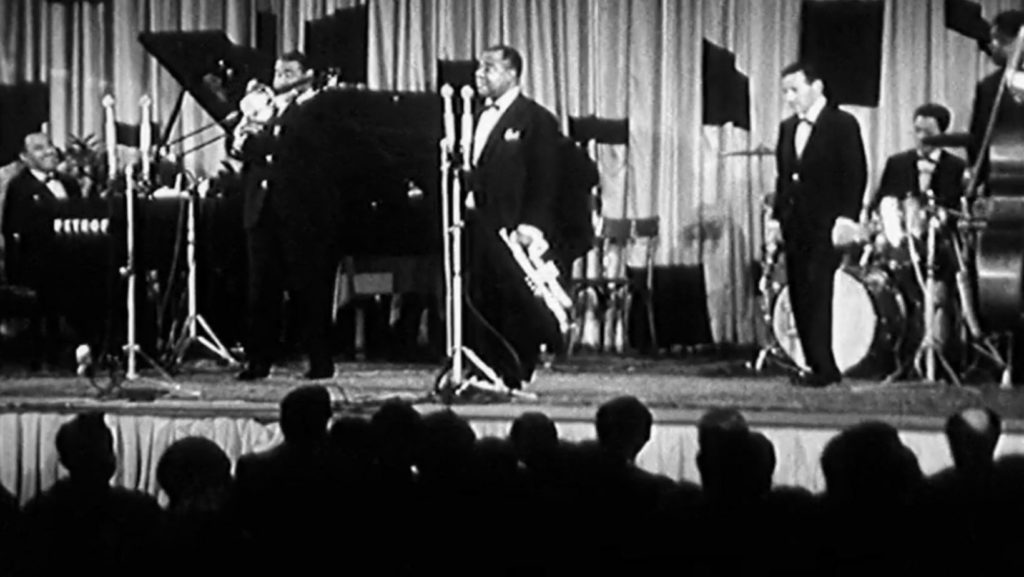
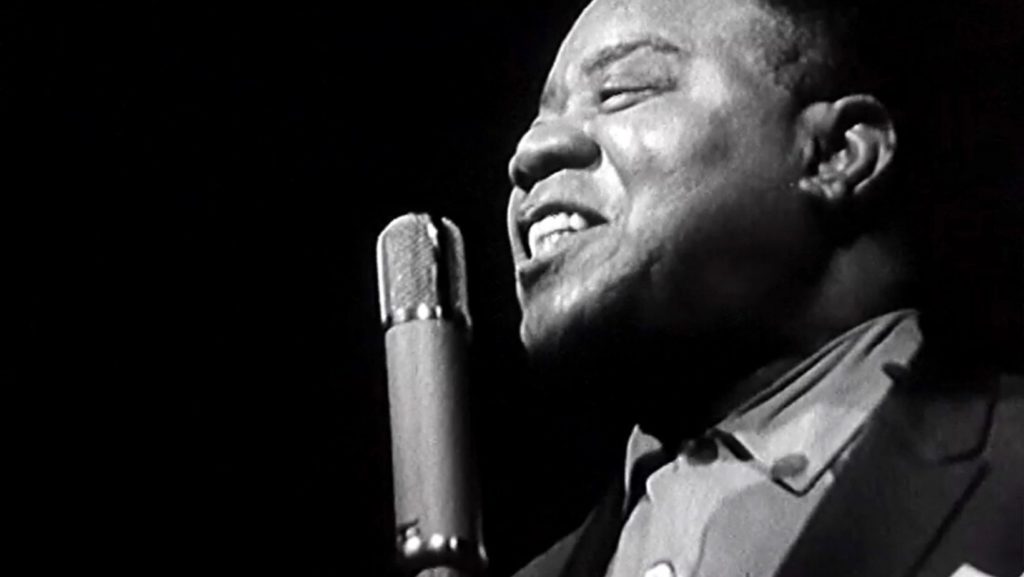
In addition to the concert in Lucerna, Louis Armstrong managed to enjoy some time in the city, for example, at the Semafor Theater, and on a tour of St. Vitus Cathedral at the Prague Castle. At that time, all local media gave updates about Armstrong, and every citizen wanted to meet the legend on the street.
From today’s point of view, it is quite astonishing that the communist regime did not mind Armstrong’s visit. During the ’50s, jazz music was deemed inappropriate and had a bad taste in Czechoslovak culture.
However, thanks to historical documents, we now know that Louis Armstrong spoke positively about his visit to Czechoslovakia and he very much enjoyed his stay in Prague.
